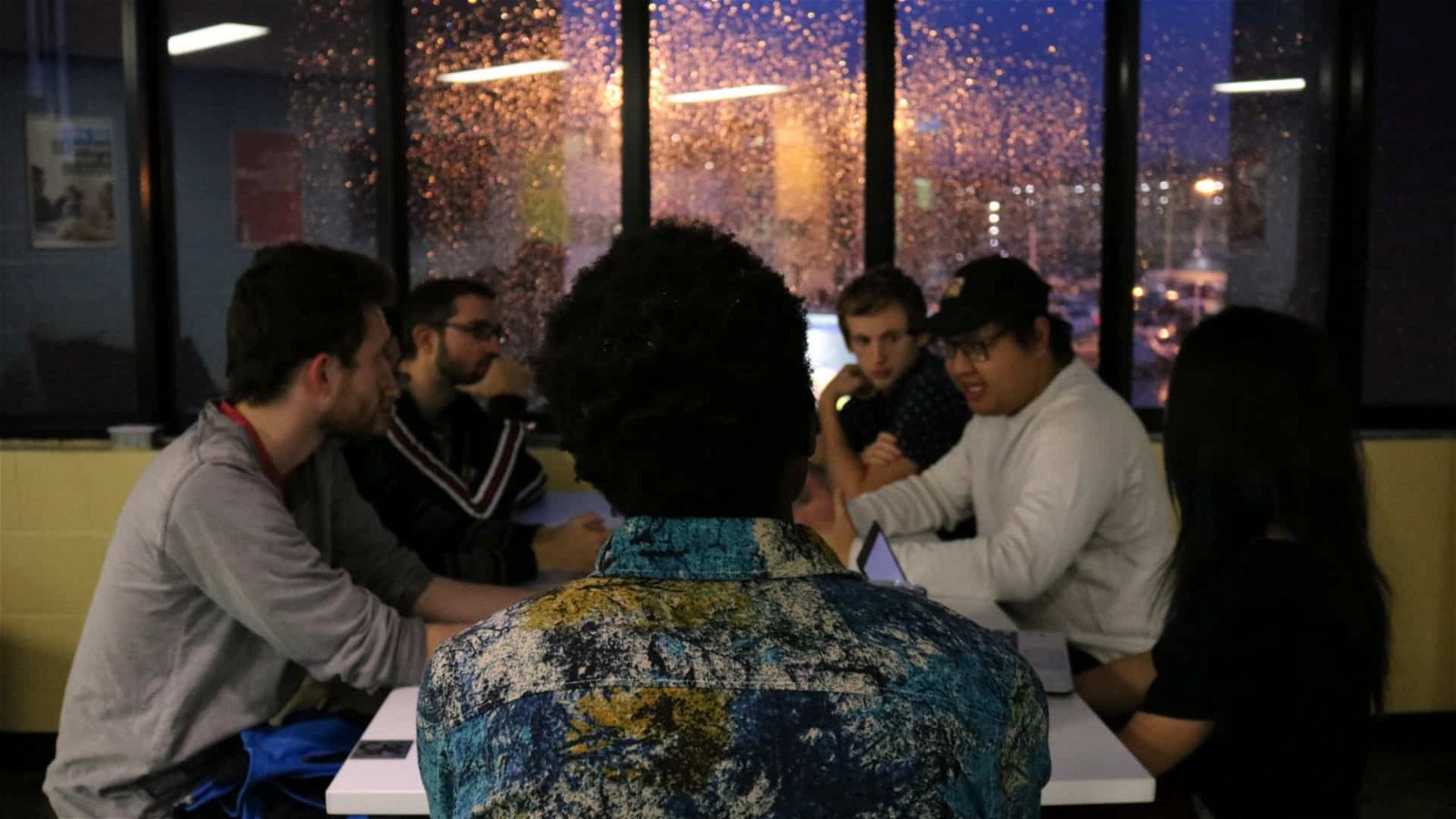Although Canada has been stepping it up in terms of getting more recognition in esports, its infrastructure to facilitate it is not as advanced as the states or even Korea, for that matter. However, talented players continue to thrive in post-secondary institutions such as the University of Toronto, St. Clair College, and Humber College. Students in these collegiate teams have competed in Microsoft Store tournaments, TESPA, and even the Collegiate Starleague.
Humber College, in particular, has recently launched their new esports training room as part of an exciting initiative to better support their students and the Canadian esports infrastructure as a whole. Equipped with gaming computers, keyboards, headsets, chairs, and the backing of dedicated professors and other members of the community, students are taking their love for games like League of Legends, Super Smash Bros., and Overwatch to the next level.
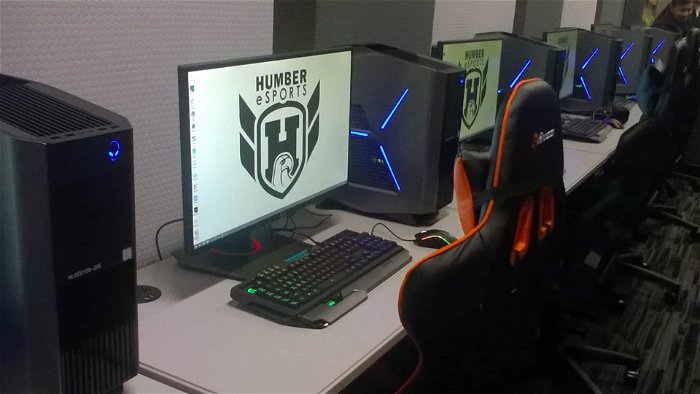
Humber College sat down with CGMagazine for an interview about their collegiate esports initiative and what it would mean for both Canadian students and gamers of the future.
“There’s no question that esports is becoming a major and serious industry,” Geoffrey Lachapelle, the esports coordinator at Humber College, told CGMagazine. “It’s almost negligent to not have some kind of initiative that intends to capitalize and grow what this industry is becoming. We need to come up with frameworks that allow systems to grow across the many different games.”
Over the last few months, Lachapelle, along with video games professor Kristopher Alexander, have been working on that framework, as well as rallying support for resources across the school board. One of the first components they drove for was to get facility support beyond the currently involved students in journalism and broadcasting. By doing so, they showed how other disciplines can all come together to support various components of esports.
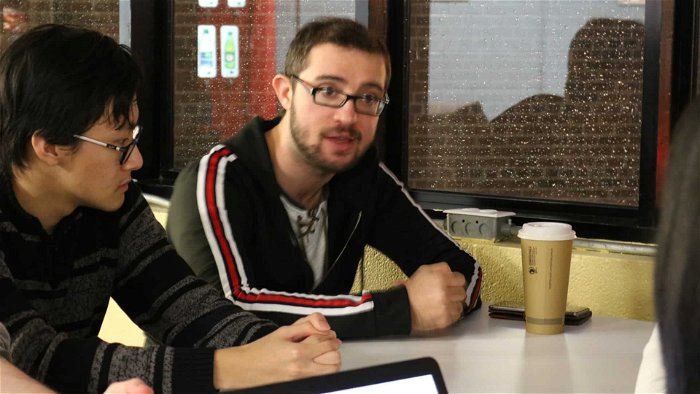
Their efforts were recognized when they not only revealed the school’s first-ever competitive esports training room, but also new jersey designs and team logos. “The idea is to treat it like a varsity team,” Lachapelle said.
Lucky Luong, the head coach and analyst for Humber College’s professional League of Legends team, agreed with this direction.
“It’s important to have an esports varsity team, because we’re moving onto a new generation where most kids nowadays are being born playing games,” Luong said. “You just see esports popping everywhere and many schools are still hesitant in building it up. By us building it, we’re basically showing ourselves as an industry leader.”
“Let’s say Humber is known for the best hockey team — it will drive hockey players to the school. If people find out that Humber has a great League of Legends team or just an esports program, it’ll drive admissions up to Humber and also develop Canadian esports talent. By doing this, we’re cultivating a culture where students can get training done to make North America become a powerhouse scene,” Luong added.
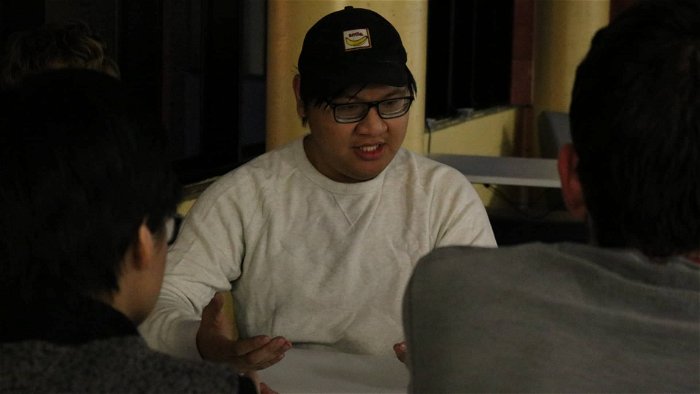
The link between traditional sports and esports is no mistake, either. One of Humber College’s other goals is to get the support and involvement of the current college varsity leaders and get their insights on how to better manage team dynamics, motivation, and player improvement.
“Sports are a major component of the dynamics of everyday life,” Lachapelle explained. “We come together and watch it, it has a major community aspect, and it’s a huge component of the entertainment industry. It’s also a starting point for students. It’s a place for them to learn and focus and improve and grow as people — even if they don’t become professional players. In the same way that you would have a hockey or basketball team or any competitive team, for that matter, esports is another field on which to compete.”
This sentiment is shared by Willem Claassen, who is the president of the school’s League of Legends club. However, Claassen also brought up the point of how the esports initiative can help in terms of accessibility.
“We’re adding something that not everyone can do,” Claassen said. “Maybe someone is not physically able to play sports. Maybe they have something that drew them to esports that wasn’t in sports to begin with. There are so many new possibilities. We’ve evolving. We’ve doing things that haven’t been done before.”
Humber College’s esports initiative is not without challenges, however, as it is still fairly new. Luong, for example, has a variety of duties as the head coach and analyst for the League of Legends esports team — which can be overwhelming at times. He has been doing psychology research on top of making sure the players have good mental capabilities and can be optimal with their gameplay no matter who they face or where they are competing. Luong hopes that as the team builds up more credibility, they can push themselves and get even more support.
The future looks bright for Humber College as a leader in post-secondary esports, and Kristopher Alexander believes that the strength of the initiative and future of the school comes from within the community itself.
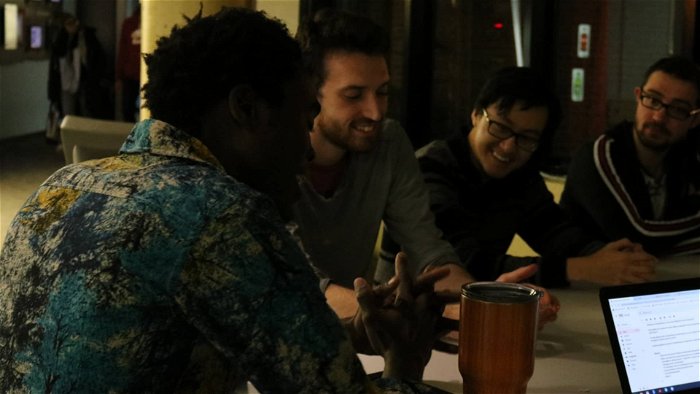
“Humber’s strength is that you have paid faculty members and students that are also part of the scene,” Alexander told CGMagaizne. “When students find out that the people involved are also competitive players themselves, that lets them know immediately that we know what we’re talking about.”
As for now, the school’s esports initiative team is filling out applications to have their projects greenlit for space within the school’s Centre for Technology Innovation.
